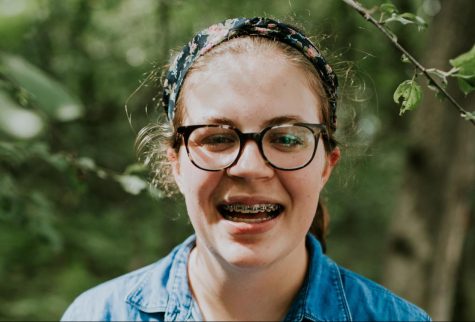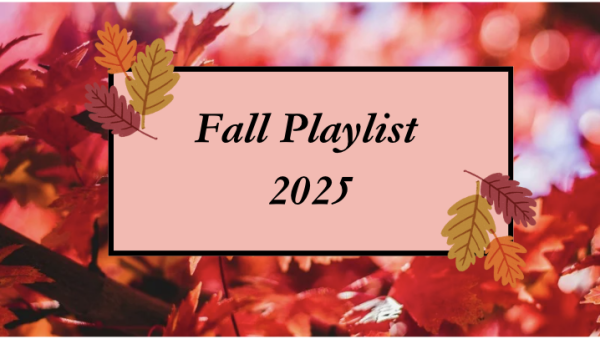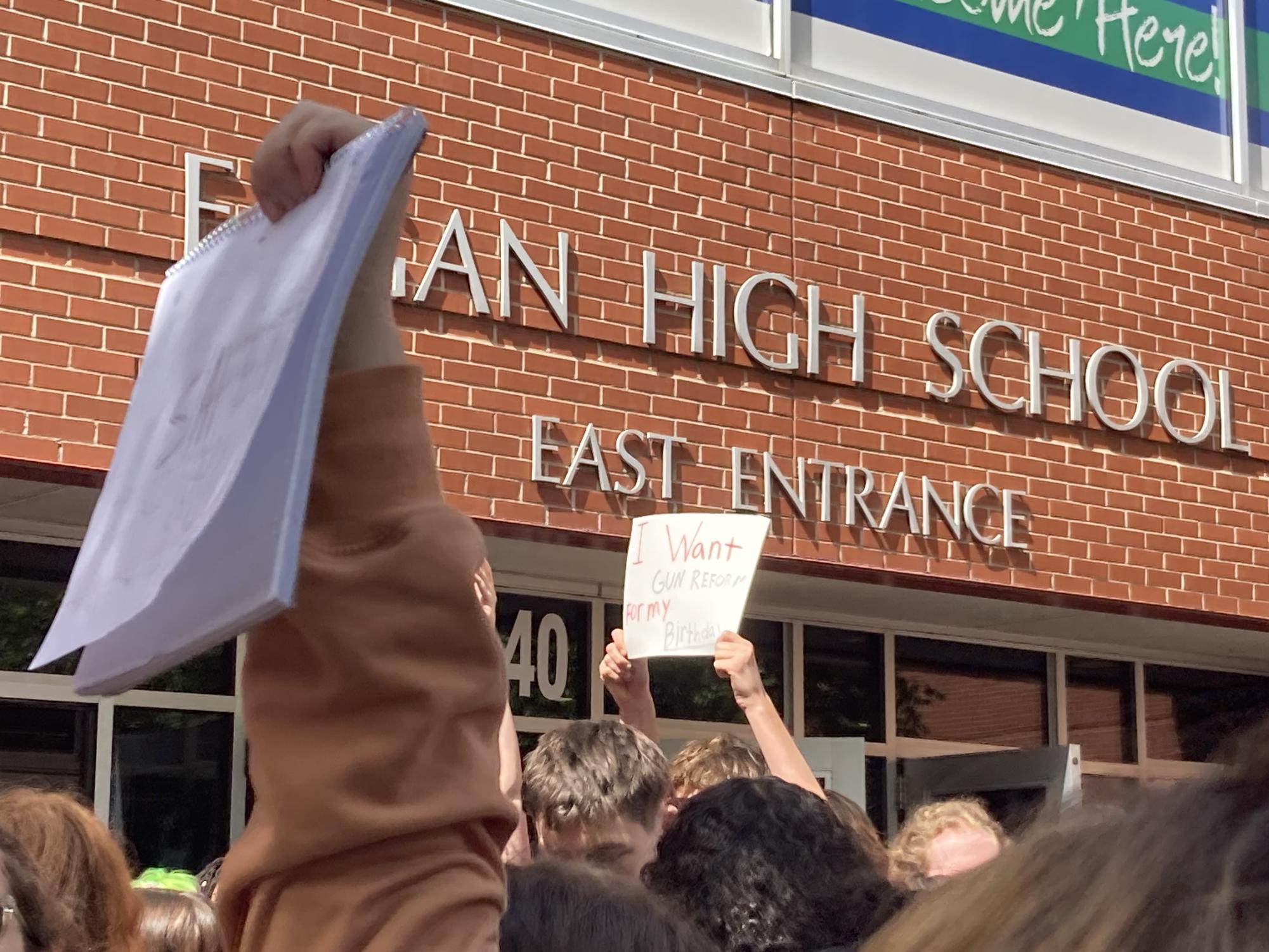Avery Abroad
Eagan senior Avery Ward is spending the year in Indonesia.
October 9, 2017
Eagan High School provides students with a wide variety of classes to take and clubs to get involved in. However, some students want to explore options outside of Eagan, and senior Avery Ward is one of them. Avery decided that she wanted a different kind of learning experience for her last year of high school — one that couldn’t be found in the United States.
Inspired by her older sister, who spent a gap year in Morocco, Avery traveled over 9,000 miles this summer to spend a year in Malang, Indonesia. Avery’s mother was the first to learn about the exchange program, called the Kennedy Lugar Youth Exchange & Study (YES) Program. YES has an inbound program for students from countries with significant Muslim populations, but it also sends U.S. students outbound to twelve different countries, ranging from Ghana to Bosnia and Herzegovina to Thailand. Sponsored by the United States State Department, Avery was able to go free of charge.
I connected with Avery through Facebook Messenger and learned about her experience so far.
What program are you doing this exchange with? How did you decide it was right for you?
“I am in Indonesia because of a full scholarship from the YES program. It is a cultural exchange (as opposed to language or scholarly), which means I am here to live life and show the people that I meet what an American looks and acts like. The reason I chose Indonesia […] was because I wanted to challenge myself, and I felt that living in a non-western country would be a better learning experience.”
What part of Indonesia do you live in?
“I live on the capital island of Java (where Jakarta is) […] in a city called Malang (MUH-long). Malang is 856 kilometers from Jakarta, or about the distance from Minneapolis to Detroit. It is the second biggest city in East Java [after] Surabaya, […] a port city with a large trade industry.”
What has been the biggest culture shock?
“Here the traditional bathroom is very different than a western bathroom. The basin is not for baths! You only use it for clean water to dip the bucket into. Then you […] pour water over yourself. Unless you’re really rich, you don’t have hot water, just whatever comes out of the tap. When I first got to Malang, I took showers in the morning and it was like […] playing in a sprinkler in 60-degree weather. Then I learned I need to take showers in the afternoon after the sun has had a chance to heat up the water tank.”
What has been the biggest challenge so far?
“The language barrier. Prior to departure, I was told that I would pick up the language (Bahasa Indonesia) really fast; this was not true. I wish I would have memorized some core vocab before, so I would have had something to work with. [They] were right about Bahasa Indonesia being easy, though. The grammar/sentence structure is incredibly simple. The hard part is learning the words. Most look like a random assortment of letters. I am making progress with listening, though! I can now mostly understand what my host mother is saying (though I can’t really respond).”
What’s the food like?
“Here there is a saying: ‘If you haven’t eaten rice, you haven’t eaten.’ Basically, it means that if your meal doesn’t have rice in it, it doesn’t count. So I eat rice for breakfast, lunch, and dinner every day. [Because] ovens are not common, every meal I eat some sort of fried food. My favorite food here is called terang bulan. It’s condensed milk and chocolate sprinkles sandwiched between two thick pancakes, served hot so the chocolate is all melty. It tops all American foods I’ve ever had.”
What’s your favorite part about Indonesia?
“The relaxed attitude about everything. […] For example, all starting times are mere suggestions. If a basketball game starts at 4:00, it will definitely begin by 6:00. They also don’t have as many social taboos in conversation as Americans. Often, one of the first questions asked will be how old you are. […] They also are not afraid to mention any weight gain or loss. Skin color is also fair game.”
Where to next?
“I am applying to a few college programs which have mandatory years abroad to get my degree. After college, I want to become a foreign service officer (diplomat), so I will hopefully be traveling quite extensively in the future.”
It sounds like Avery will be well-equipped for a career in foreign affairs. If you have a passion for learning, getting involved with another culture is something anyone can do. Moving abroad for a year is a big leap, but there are plenty of ways to expand your worldview right at home. You can talk to one of the foreign exchange students at Eagan, visit ethnic restaurants, and travel whenever you get the opportunity, even if it’s only around Minnesota.
Avery reminds us to venture outside of our comfort zones, but this doesn’t have to be unique to foreign exchange students — opportunities are available right here.
If you are considering participating in an exchange program, there are plenty of scholarships available for high school students. Avery suggests identifying a goal of what you want to get out of your exchange. To focus on learning a language, check out the National Security Language Initiative for Youth (NSLI-Y). To immerse yourself in a new culture, try YES or Congress-Bundestag Youth Exchange (CBYX) in Germany. To focus on education, look into United World Colleges (UWC).






